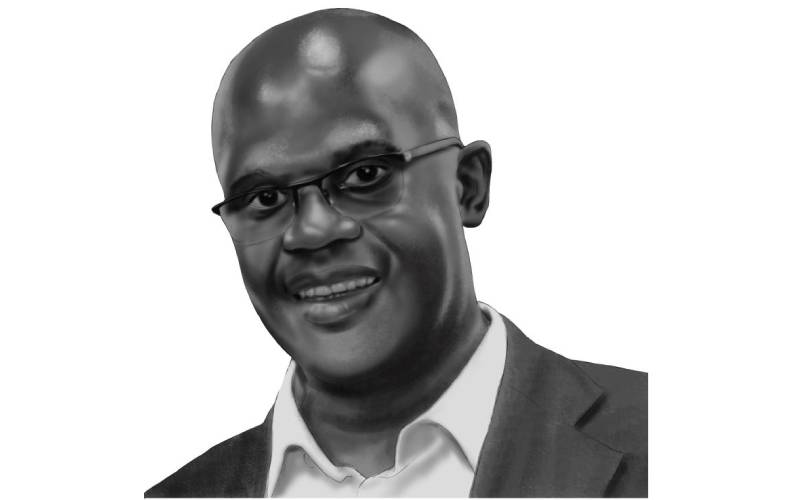×
The Standard e-Paper
Kenya’s Boldest Voice

Should we regulate political advertising? Must political aspirants lie to voters to get votes? Worse, should we just watch as we are being lied to as if we can do nothing about it?
Most of the campaign materials available on streetlight poles, in shops, on vehicles or the giant bills advertising MCAs, Woman Reps, MPs, senators, governors and presidential aspirants have a very interesting sloganeering around poverty eradication.